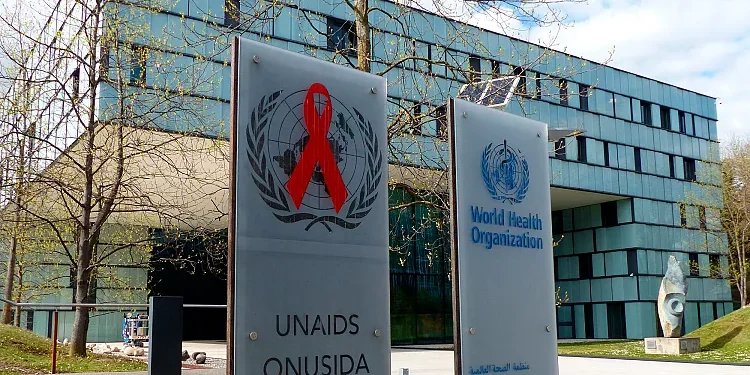The UN agency leading the global fight against HIV/AIDS will slash its workforce by more than 50% and relocate numerous positions to lower-cost countries following dramatic funding cuts by key donors, including the United States.
UNAIDS officials confirmed that staff will be reduced from around 600 to 280–300 and that many positions will be moved to existing offices in Bonn, Nairobi, or Johannesburg — the latter in the country with the world’s highest HIV burden. The decision follows recommendations from an independent panel calling for downsizing and reprioritizing core functions.
The funding crisis stems largely from deep cuts under the second Trump administration, which has significantly scaled back or paused financial support for many UN-affiliated health agencies. U.S. contributions accounted for over 40% of UNAIDS’ $214 million budget in 2023.
UNAIDS warned that the cutbacks jeopardize decades of progress. Without restored support, more than six million people could die in the next four years, and infections may rise by 2,000 per day. Executive Director Winnie Byanyima stressed the gravity of the situation, saying the world could see “more resistant strains of the disease” and called the current crisis an opportunity to overhaul how aid is delivered.
Other key donors — including the Netherlands, Sweden, Switzerland, and the UK — have also reduced their contributions. The move reflects a broader trend: UNICEF, WFP, and OCHA have similarly announced major staff reductions and service cuts, mostly due to dwindling U.S. support.
Byanyima acknowledged past criticisms of HIV aid efforts and emphasized the need for more efficient delivery models going forward.









